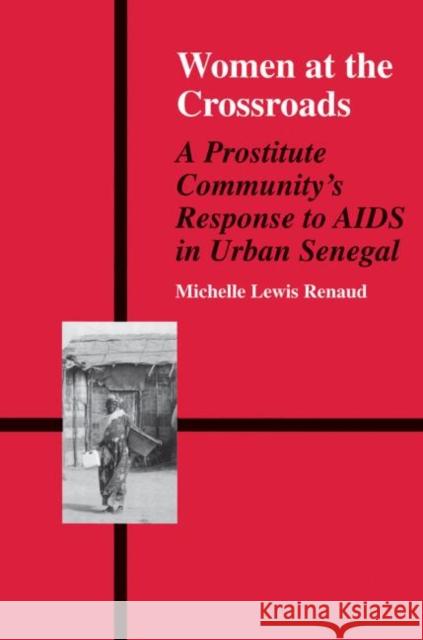Women At A Crossroads » książka
Women At A Crossroads
ISBN-13: 9789056995317 / Angielski / Miękka / 1997 / 192 str.
Renaud should be commended for her objective of contributing to the solution of contemporary socioeconomic problems associated with AIDS in Senegal.. -o Ann Reed, Indiana University of Africa Today The contributions of anthropologists to the interpretation, management, and eventual resolution of the worldwide AIDS crisis have received less popular attention than those of medical professionals, perhaps because "soft" science is viewed as irrelevant to the hoped- for medical breakthrough. This engaging book, with its emphasis on cultural context (especially local religious and health-related beliefs and practices) and its wealth of practical implications (most notably regarding male condom acceptance), belies that notion in a compelling way, through the words of sensible and courageous women involved in (legal) prostitution in Senegal, West Africa. Based on dissertation research, the book describes a remarkably successful AIDS education project under which prostitutes not only changed their own behavior but also that of their clients. There are practical ideas for AIDS prevention education here, and there is also good anthropology. Renaud used a variety of ethnogra -o M. A. Gwynne of SUNY at St HIV ravaged the African continent faster and earlier than any other in the world, spreading primarily through unprotected heterosexual sex. Kaolack, Senegal is a town where travelers and prostitutes converge, and HIV transmission rates have soared, especially among the prostitutes. Going beyond empirical analysis of risk/behavior data, Women at the Crossroads tells the stories of these women in their own words. The women portrayed keep their profession a secret from their families and friends, but abide by Senegalese law which states that prostitution is legal for those who register with the police and undergo bi-monthly health examinations. By observing one clinic's successful AIDS education campaign, anthropologist Michelle Renaud demons
HIV ravaged the African continent faster and earlier than any other in the world, spreading primarily through unprotected heterosexual sex. Kaolack, Senegal is a town where travellers and prostitutes converge, and HIV transmission rates have soared, especially among the prostitutes. Going beyond empirical analysis of risk/behaviour data, Women at the Crossroads tells the stories of these women in their own words.
The women portrayed keep their profession a secret from their families and friends, but abide by Senegalese law which states that prostitution is legal for those who register with the police and undergo bi-monthly health examinations. By observing one clinic's successful AIDS education campaign, anthropologist Michelle Renaud demonstrates that information presented in a culturally appropriate manner can, in fact, achieve the difficult goal of behaviour change. Although these women claim to be trapped by the social and political forces that have led them to enter prostitution, Renaud argues that they have taken control of their destinies in an inspiring fashion.











